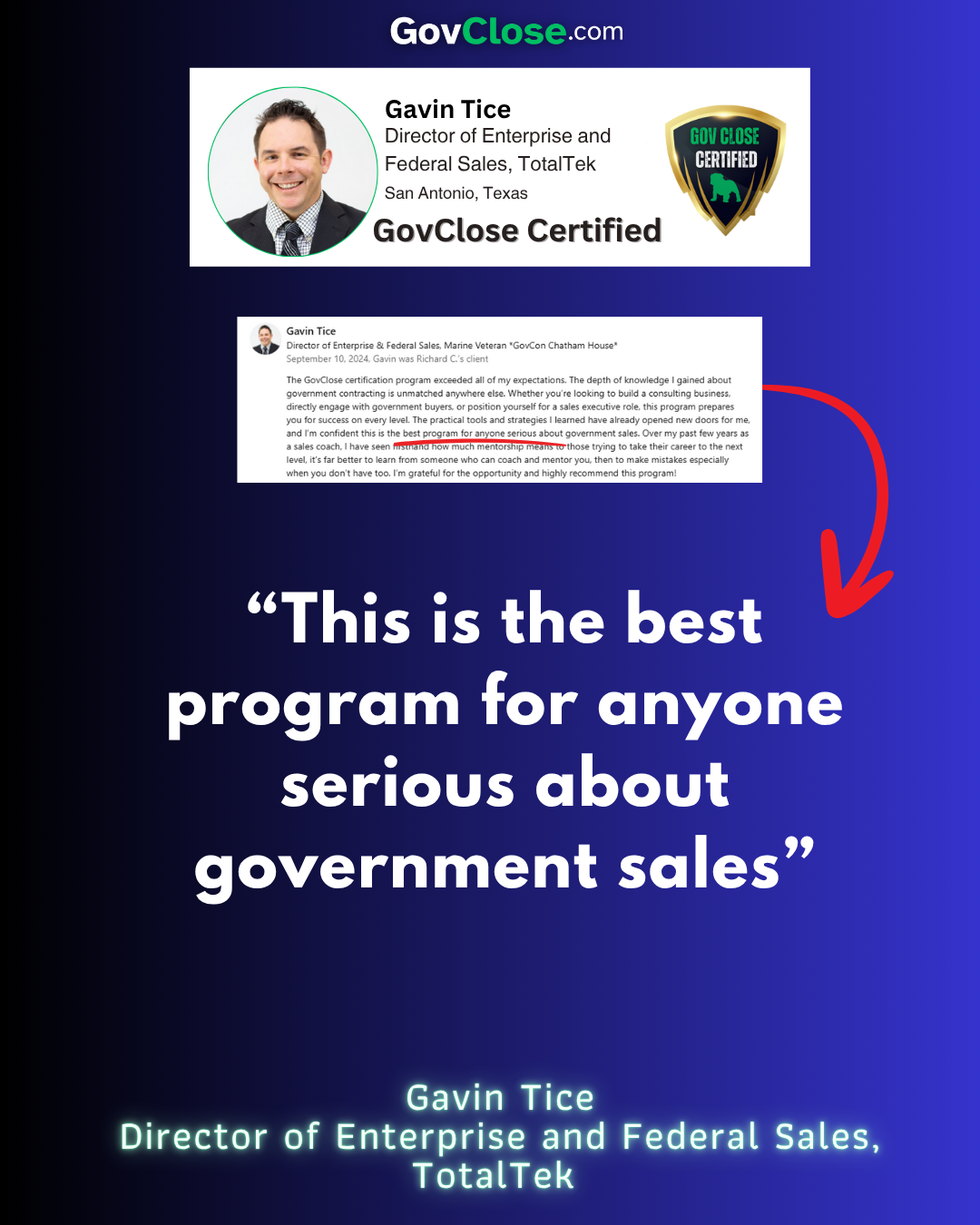
Death of the Middleman: GSA Just Made Its Move
Jun 13, 2025GSA’s new strategy is great news—unless you're a Middleman
On May 28, GSA sent a letter to 10 of the largest value-added resellers (VARs)—companies like Carahsoft, CDW, Dell, and Mythics. These companies were asked to provide detailed data about their contracts: how much they charge, how much they mark up original equipment manufacturer (OEM) products, and what extra fees they apply.
According to Federal News Network:
“The letter doesn’t say this, but the tone is more like, the middleman isn’t necessary.” — Federal News Network, quoting an industry consultant
GSA didn’t stop there. In the same letter, Federal Acquisition Service (FAS) Commissioner Josh Gruenbaum stated:
“We intend to explore using this input as a scorecard to potentially establish a mark-up cap or other spend controls on OEM or vendor costs moving forward.” — GSA Letter to VARs, May 28, 2025
This is part of GSA’s larger OneGov strategy. The goal: simplify how the government buys common goods and services. That includes direct deals with OEMs whenever possible.
Let’s be clear—this is a real shift.
There Are Two Types of Middlemen
And only one might survive what’s coming.
1. The Reseller (VAR) These are companies with real contracts, real past performance, and real value. They carry multiple contract vehicles, help get products into federal agencies, and know how the system works. But even with all that—they’re still in the middle between the government and the OEM. That adds cost. And GSA is asking, Is that cost worth it anymore?
2. The Pretender This is someone with no experience, no customer relationships, and no team. They hunt for open solicitations on SAM.gov (System for Award Management), write proposals, then hope to find a company to deliver. It’s a matchmaker model. It sounds slick on social media. But it has no place in federal contracting.
If you’re a real reseller, there’s still a future—but it’s changing fast. If you’re a pretender? You’re done.
What GSA Isn’t Doing
GSA is not taking over procurement for everything.
I’ve spoken with former GSA officials and federal insiders. They agree: Mission critical contracts will probably not see an increase in GSA use.
What they are doing is centralizing the basics—things like software licenses, office tech, and shared tools used across agencies. That’s why they created the Office of Centralized Acquisition Services (OCAS) inside FAS. They’re even asking contracting officers if they want to move into OCAS, which will manage large shared contracts for the whole government.
What This Means for You
- GSA wants direct relationships with OEMs.
- Resellers need to rethink their role.
- Consultants who understand the system are becoming more valuable than ever.
If you’ve trained with us at GovClose, you’re already ahead. You’ve learned how to build direct relationships with OEMs, how to shape deals before they hit Sam and how to manage category-driven acquisition.
Want to learn how we prepare GovClose consultants to lead this new era of acquisition? Click the free training link in my profile to learn more about the govclose certification program.
Follow me for more government contracting tips, training and interviews. Richard C. Howard, Lt Col (Ret)
Turn Government Contracting Knowledge Into Income
This isn’t a course. It’s a certification and implementation system to help you build a consulting business, land a high-paying sales role, or scale your own company in federal contracting.
We hate SPAM. We will never sell your information, for any reason.


